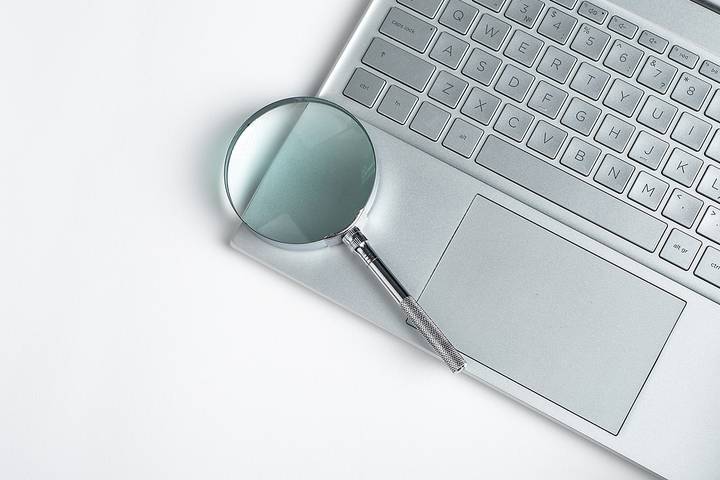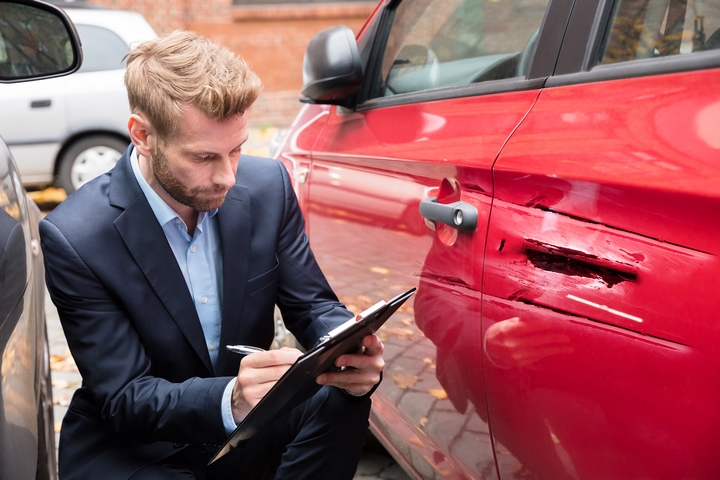
A car accident can happen to anyone. This is because car accidents can happen because of driver errors or mechanical problems in your car. Normally, emotions are very high after a car accident and sometimes you can act irrationally and end up making poor decisions.
As a driver, it is good to know that the time immediately after a car accident is very critical. It is therefore very important to act sensibly so that you can save lives of those injured and also make sure your immediate and long-term needs are met. Below are 4 things to do immediately after a car accident.
1. Confirm your safety and that of passengers
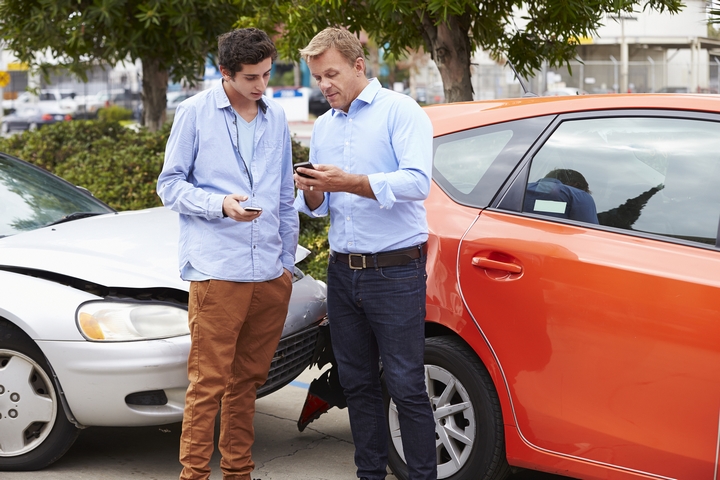
The first thing to do immediately after an accident is to confirm your safety and that of passengers in your car. This time period could be the difference between life and death. Therefore, you need to check whether there is any person with any pain or obvious injuries before you start addressing anything else.
If anyone has sustained minor injuries and you are able to, you can start giving them first aid. This can include getting them out of the car and attempting to stop cuts from bleeding. In case of a severe accident where some people are severely injured, you need to call an ambulance or have someone not involved in the accident do it for you.
Avoid moving those seriously injured in the car or those who are unconscious. You could end up making a head or neck injury dramatically worse. Call for medical attention if someone is in critical condition so that they can be attended to by a professional.
2. Call the police for help
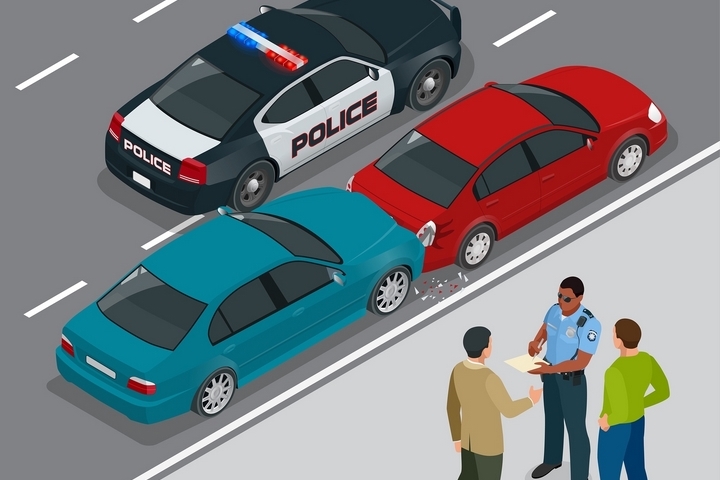
In the event that the accident is minor but the fault of it is being disputed or there could be a criminal element to it, the police should definitely be called. The police will be able to investigate the accident, re-construct it, and lay any charges if necessary.
Calling the police is crucial even if it is a minor accident because your insurance company will ask for a police report. A few days after the accident, make sure the police have filed a report about the accident and obtain a copy for your records as well as to give the insurance company. Obtain the contact information of the investigating police officer and their badge number. These details are very useful when contacting the police force for updates, filing a claim with your insurance company, or for any court processes that stem from the accident. If you need assistance with the documentation, contact a car accident lawyer immediately.
3. Share information

In every multi-vehicle car accident, it is very important that information is shared among drivers. Most importantly, you need to ask for the name of the other driver and a phone number. You should also ask for insurance information from the other driver and record their license plate number in case they give false information and you are unable to contact them.
Always remain calm when asking for information and avoid discussing the cause of the accident. Most importantly, you should not apologize for anything because doing so could be construed as admitting legal liability. It is the responsibility of the police to investigate the cause of the accident and they will be able to without your input.
4. Notify your insurance about the accident
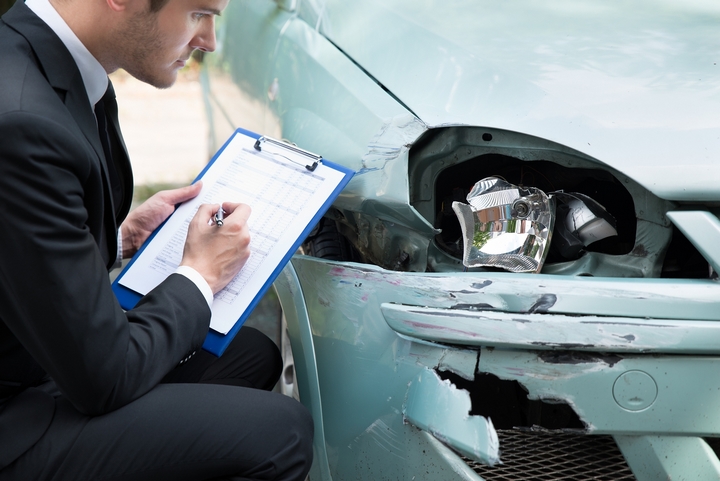
It is very important to inform your insurance company that you have been in an accident. You should do so right away irrespective of whether it was a small or a serious accident. You need to tell your insurance facts and be cooperative. Some insurance companies have reputations of using any information that you give them against you in an attempt to minimize their obligations to reimburse you. Therefore, you need to stick with the facts and only state what you know and do not comment on anything that you are not 100 percent sure of.
Your insurance company can only help you after an accident if you tell the truth. Telling your insurance company lies can result in you not being covered for your damages and your policy being cancelled. It is worth noting that insurance companies do their own investigation before approving claims from clients. Therefore, the information you give to your insurance company should coincide with the findings of their investigation.

